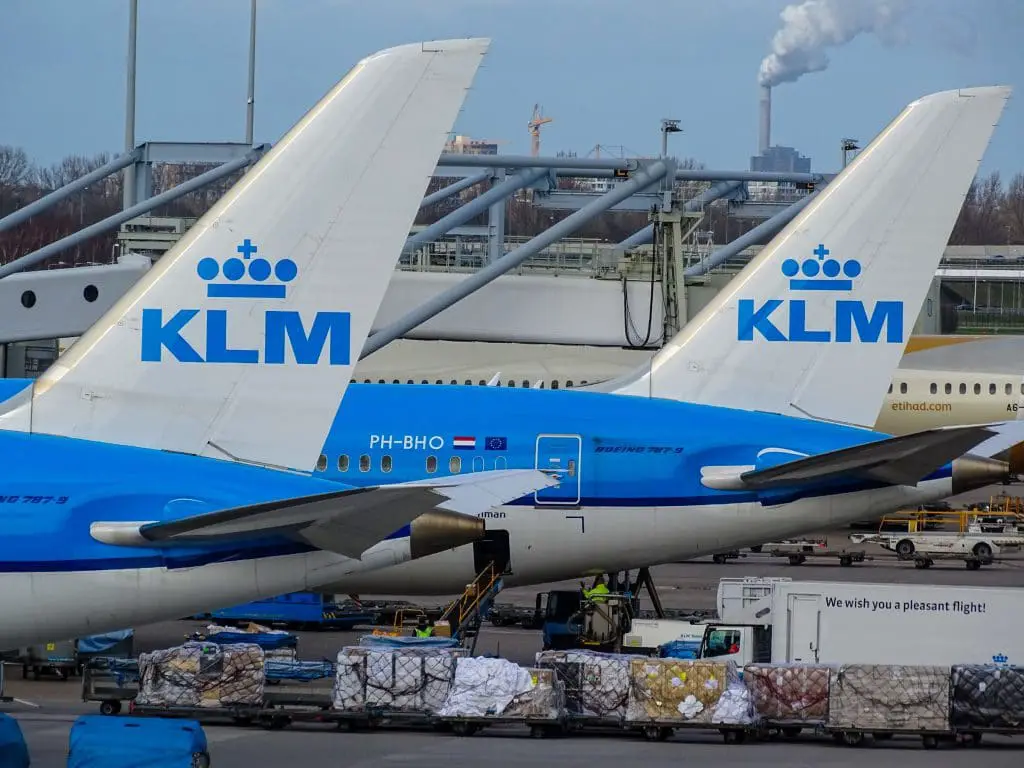KLM to Halt International Flights Due to Stringent COVID-19 Regulations
The pandemic has continued to have lasting effects on all sectors of the world economy. KLM plans to put a temporary end to intercontinental flights and some of its European services this Friday. This is due to complex restrictions and COVID-19 rules of engagement required to operate in the aviation industry.
All travelers have to undertake both a PCR and antigen test before flying. KLM says that the move is necessary to avoid crew being stranded overseas due to testing positive for COVID-19. This is as a result of the strict testing requirements announced recently by the government.
The Netherlands announced today that it would require all travelers from all countries to carry both a negative antigen test result and a negative PCR result before boarding a flight to the country. This was in the Dutch prime minister’s announcement, Mark Rutte, today that the government will ban all flights from the UK, South Africa, and South America for one month, starting on Saturday. The country also implemented a strict curfew from 20:30 to 04:30 each day. But most of these decisions are still dependent on the approval of parliament tomorrow.
KLM airlines posit that after much consideration of the new policy, operating intercontinental/international flights will be a herculean task. However, KLM may not feel the impact of the shutdown much because of the reduced number of travelers generally. It must be stated that this decision wasn’t so easy to take, but the new government’s COVID requirements of double testing have necessitated it.
Hence the downside to this is that Cargo and repatriation flights may have the cross to bear because this would also halt their operations internationally. This would further mean that nations like Brazil, Mexico, and Colombia in South America who depend on KLM flights to deliver COVID-19 vaccines would also have to worry.
The double testing requirement issued by the aviation authorities prompted this decision as it would be difficult to keep because if any aviation staff tests positive for COVID-19, they’ll have to stay back in a foreign country until they recover, which means extra cost.
















 Oluwatosin
Oluwatosin January 21st, 2021
January 21st, 2021 0 Comments
0 Comments



Leave a reply